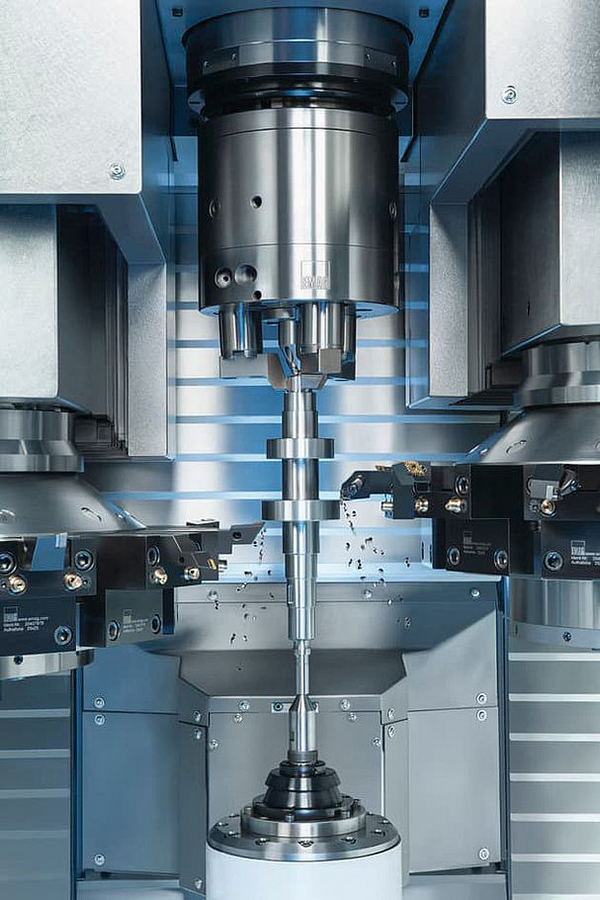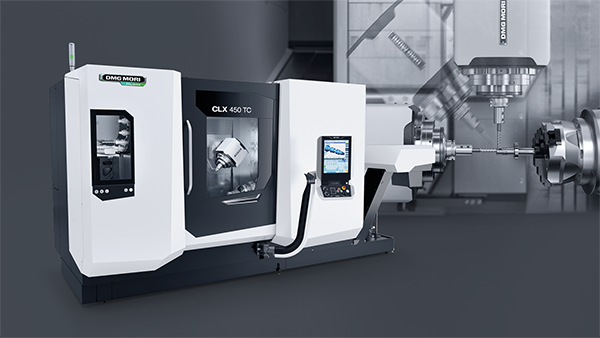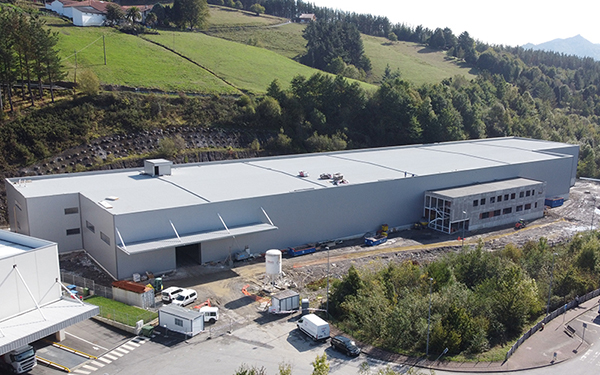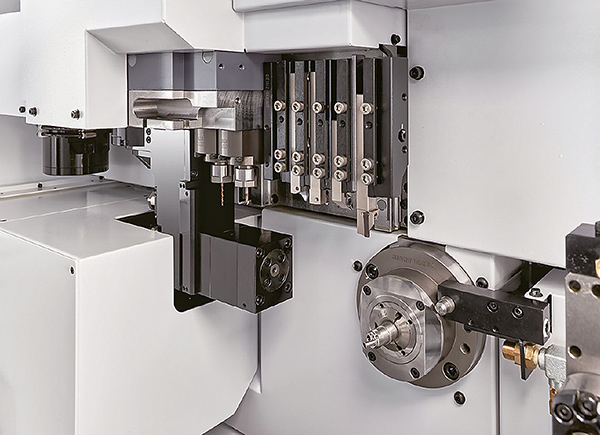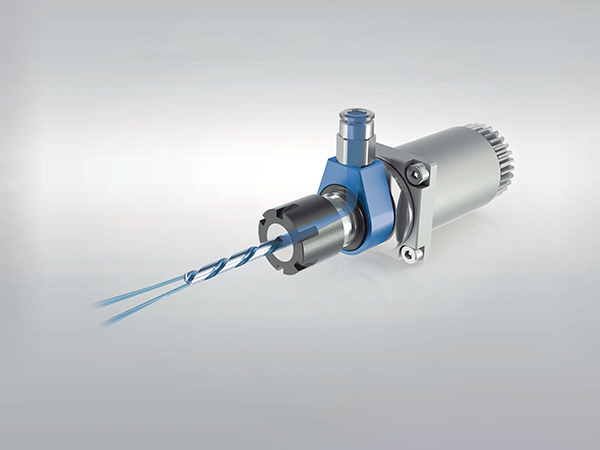
Shaft manufacturing is a core function in automotive production. While in recent years drive and transmission shafts were the main focus of production planners, the success of e-mobility today also increases the demand for productive rotor shaft manufacturing. Therefore, there is a need for a manufacturing solution that is able to machine a great variety of components. All these parts have one thing in common: large unit volumes and very high quality requirements. After all, the efficiency of the entire drive train depends on the quality and functionality of the shafts.
Emag says that its VT series of vertical four-axis shaft turning machines are ideal for shafts with a maximum length of 630 mm and a maximum diameter of 200 mm. The machining process is performed with four axes, in other words simultaneously from two sides. This concept is why the machine is equipped with two tool turrets featuring 12 posts each, of which 11 can be loaded with turning tools or driven tools: a workpiece gripper occupies one post on each turret.
The workpiece grippers handle the parallel loading and unloading of the machine. While one gripper brings a new raw part into the clamping position, the other transports the finished component out on to the workpiece conveyor. To achieve this task, the VT series is equipped with circulating storage units from which raw parts can be picked up and into which finished components can be deposited. The TrackMotion automation system allows for several VT machines to be interlinked easily and cost-efficiently.
While four-axis machining already offers performance resources for conventional turning of shaft parts, machining throughput can be further increased by implementing scroll-free turning technology (for longitudinal turning, for example).
For further information
www.emag.com






